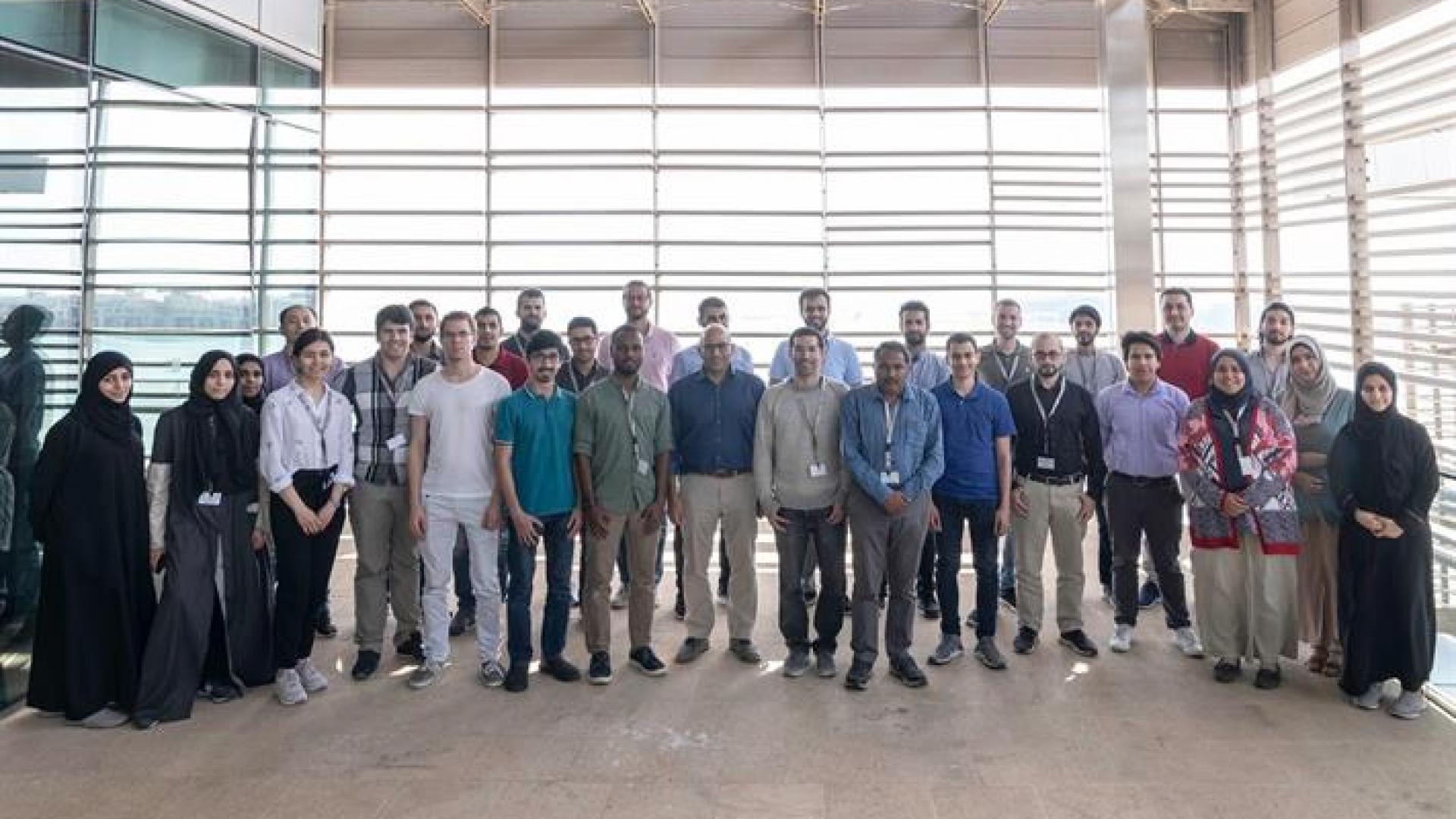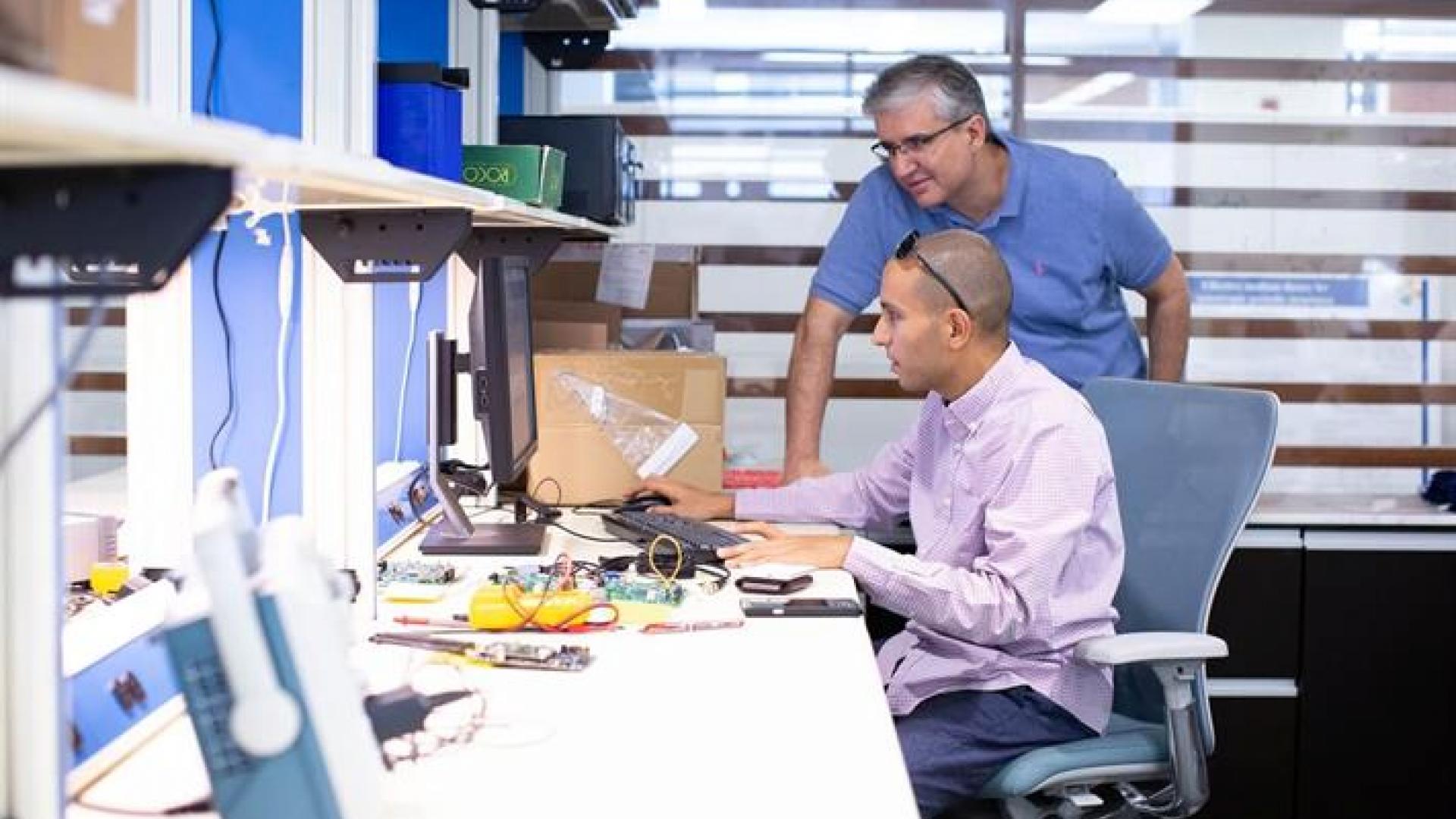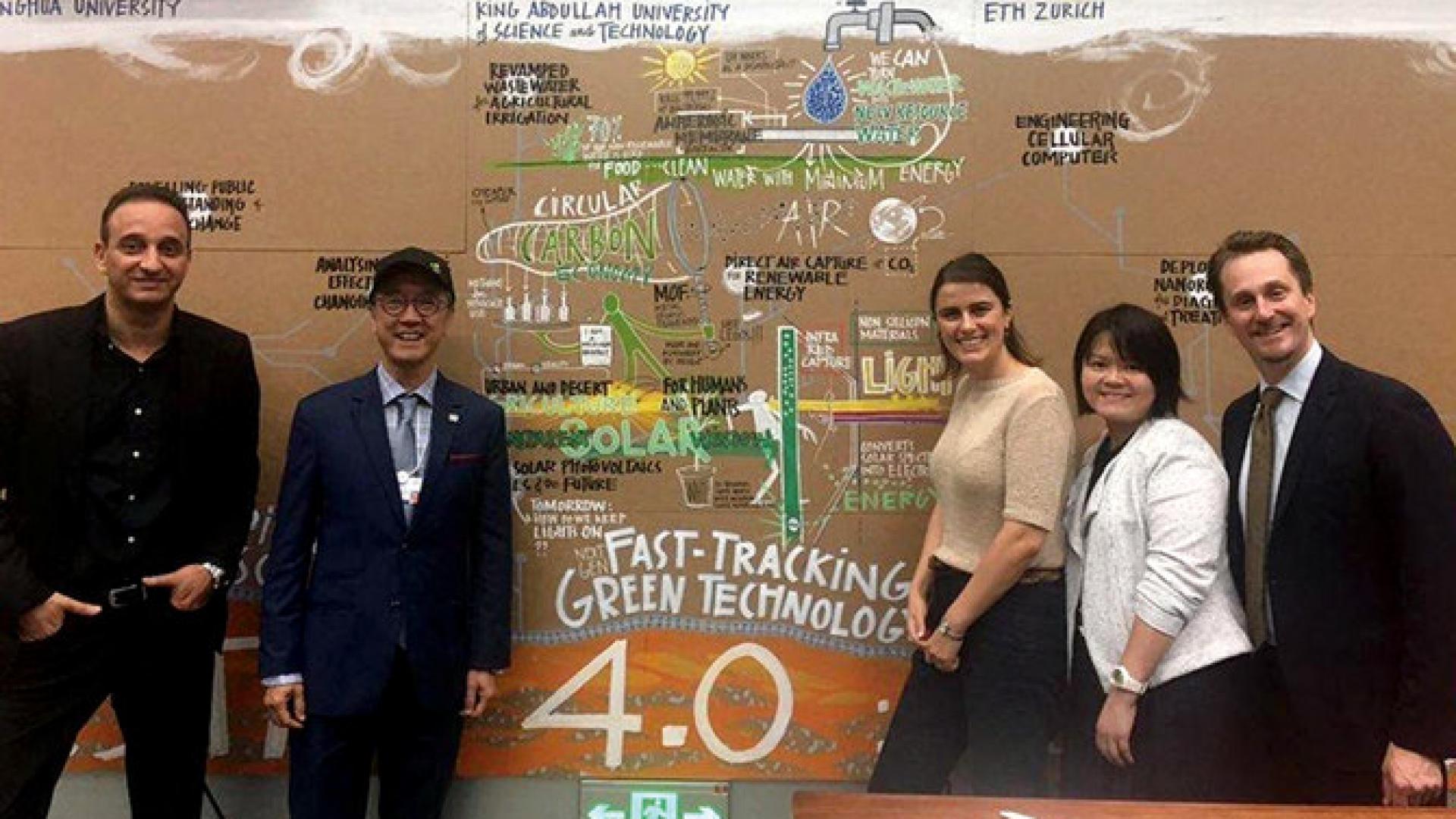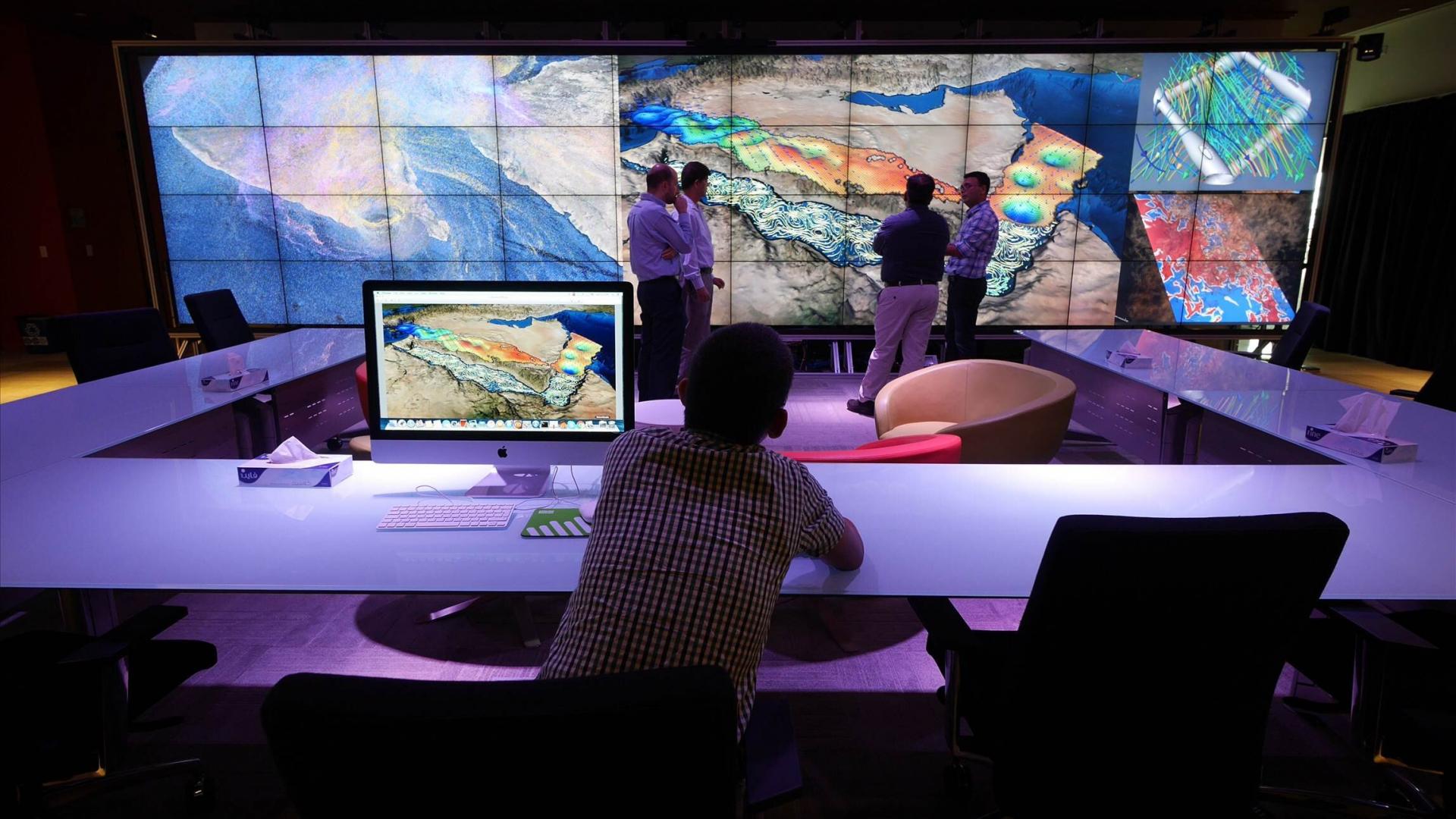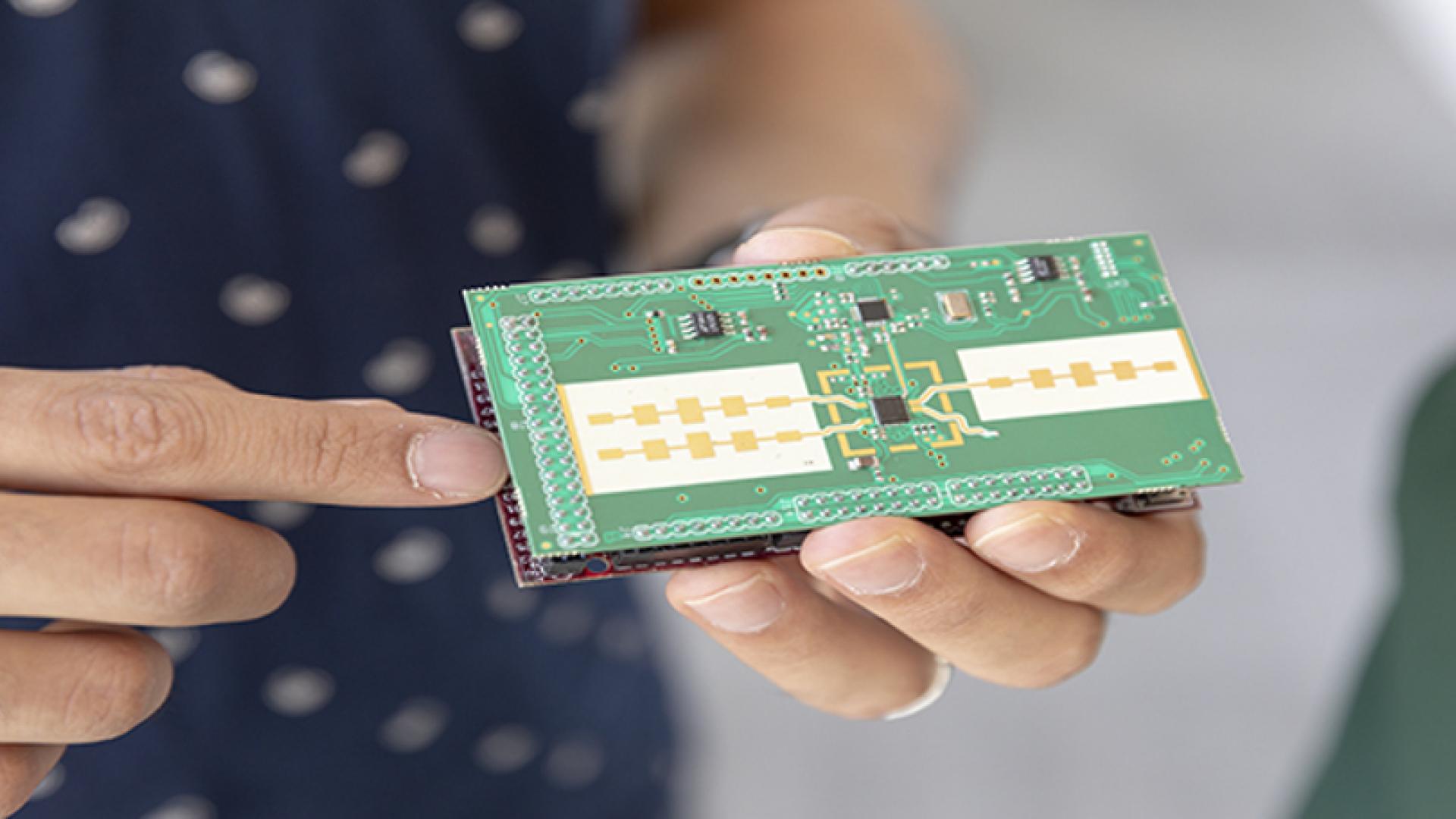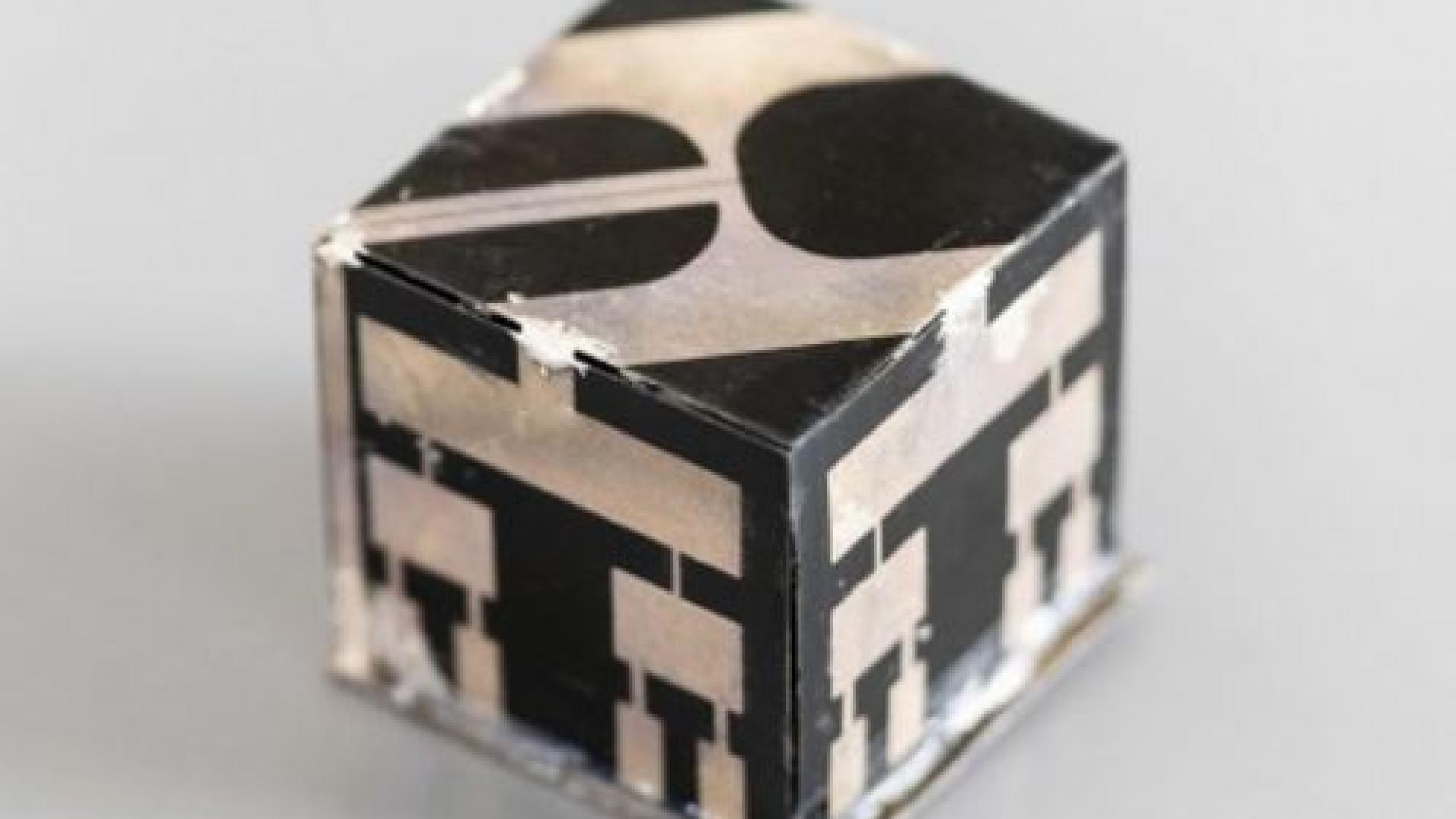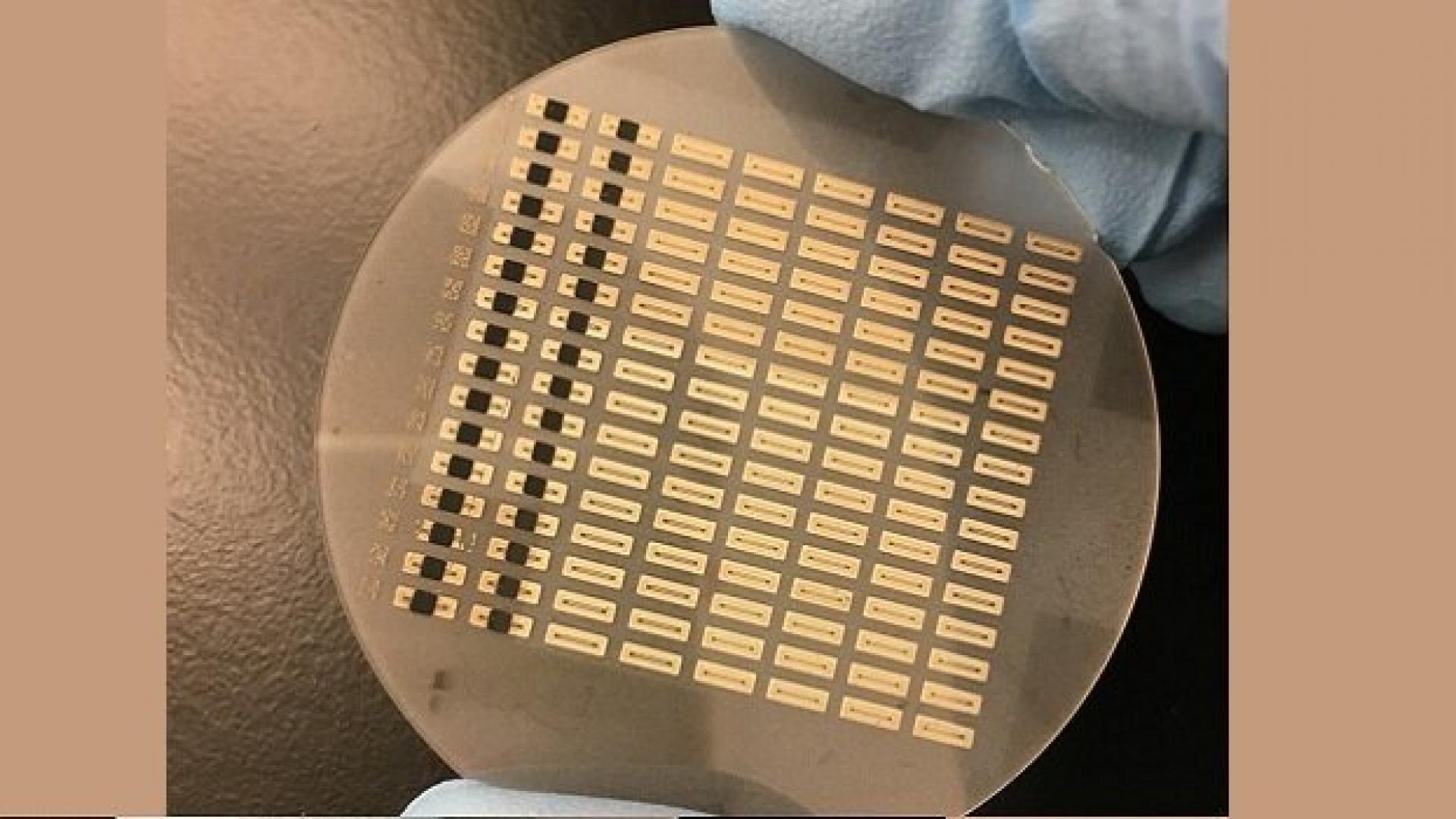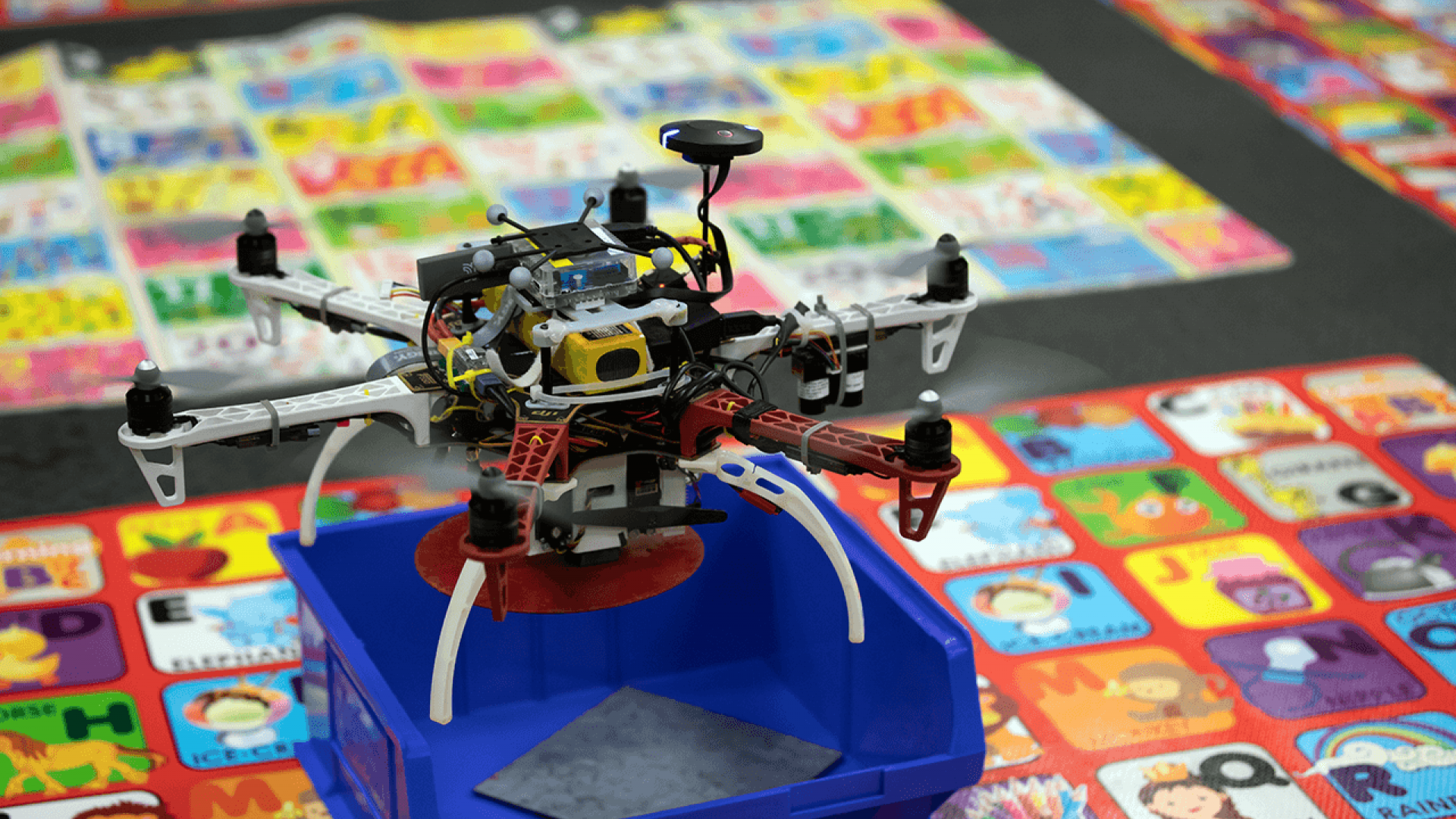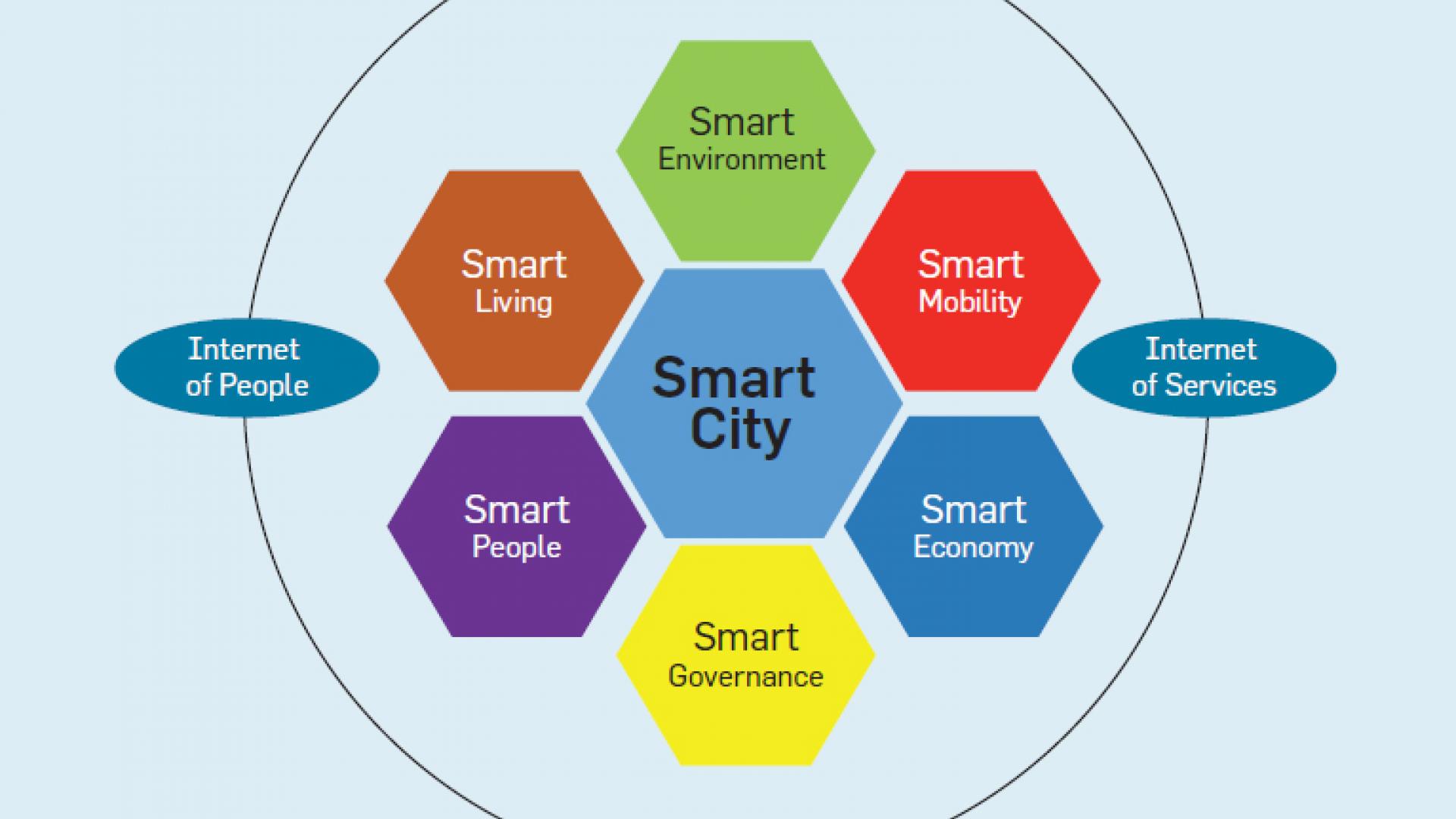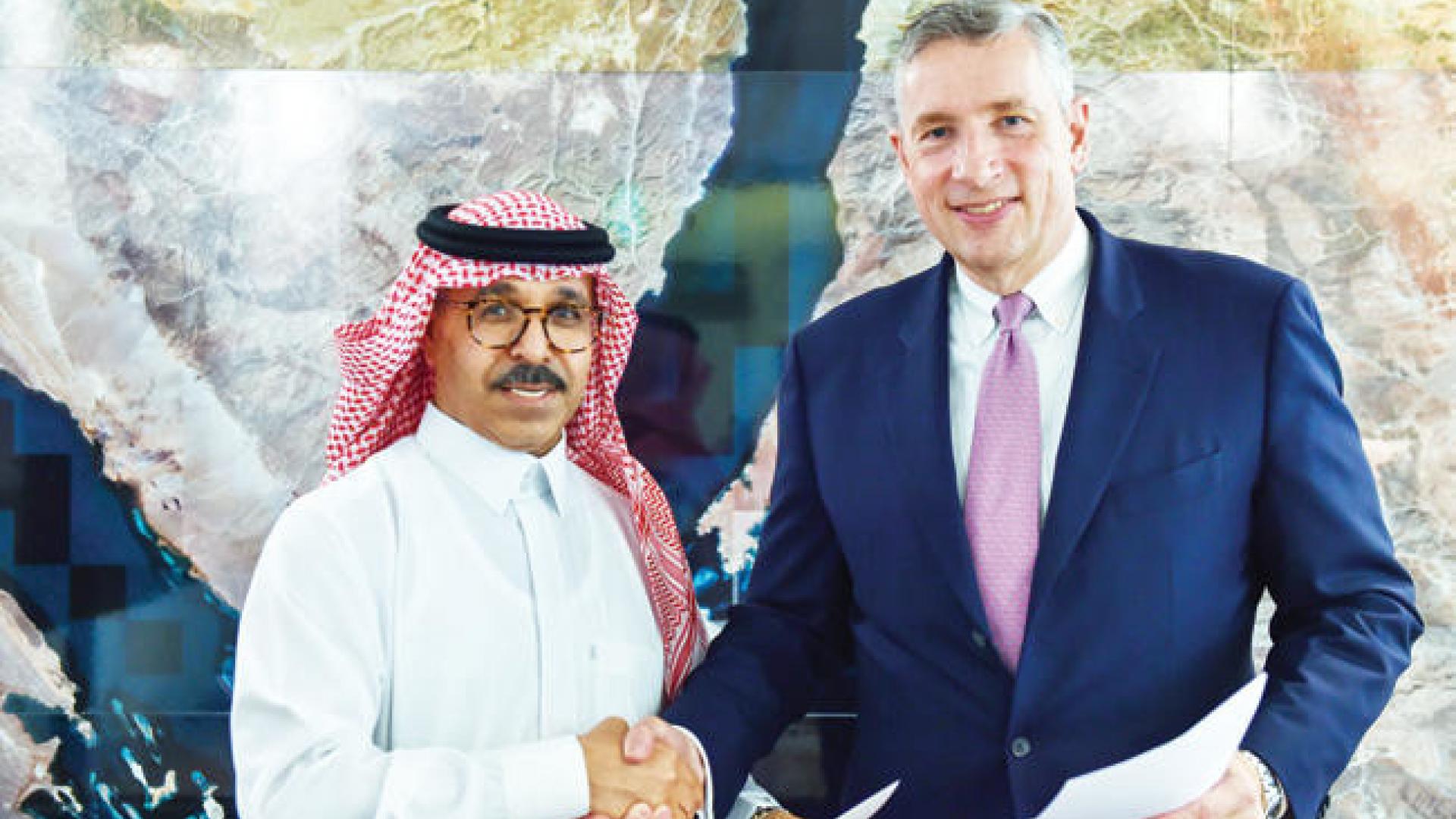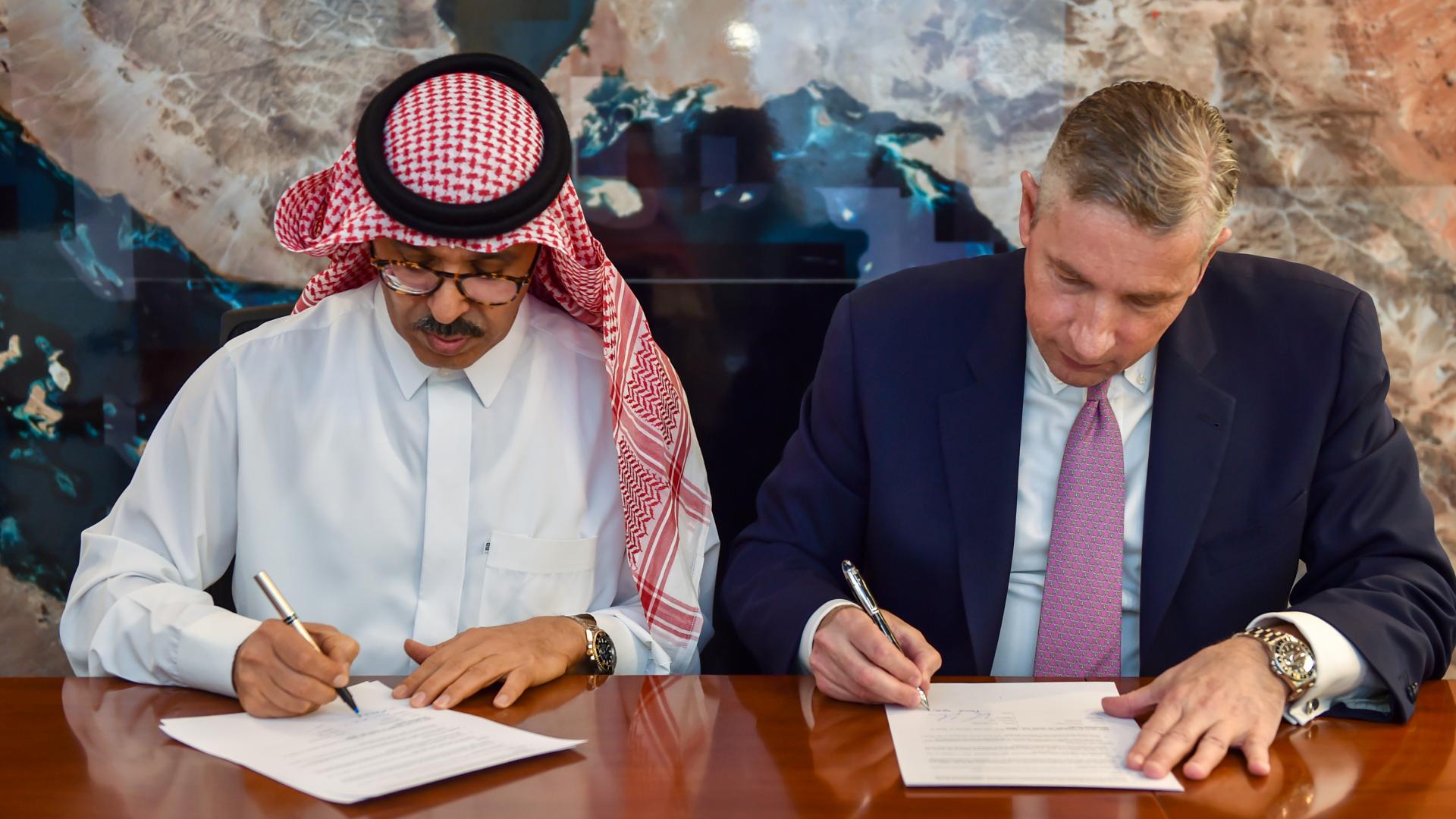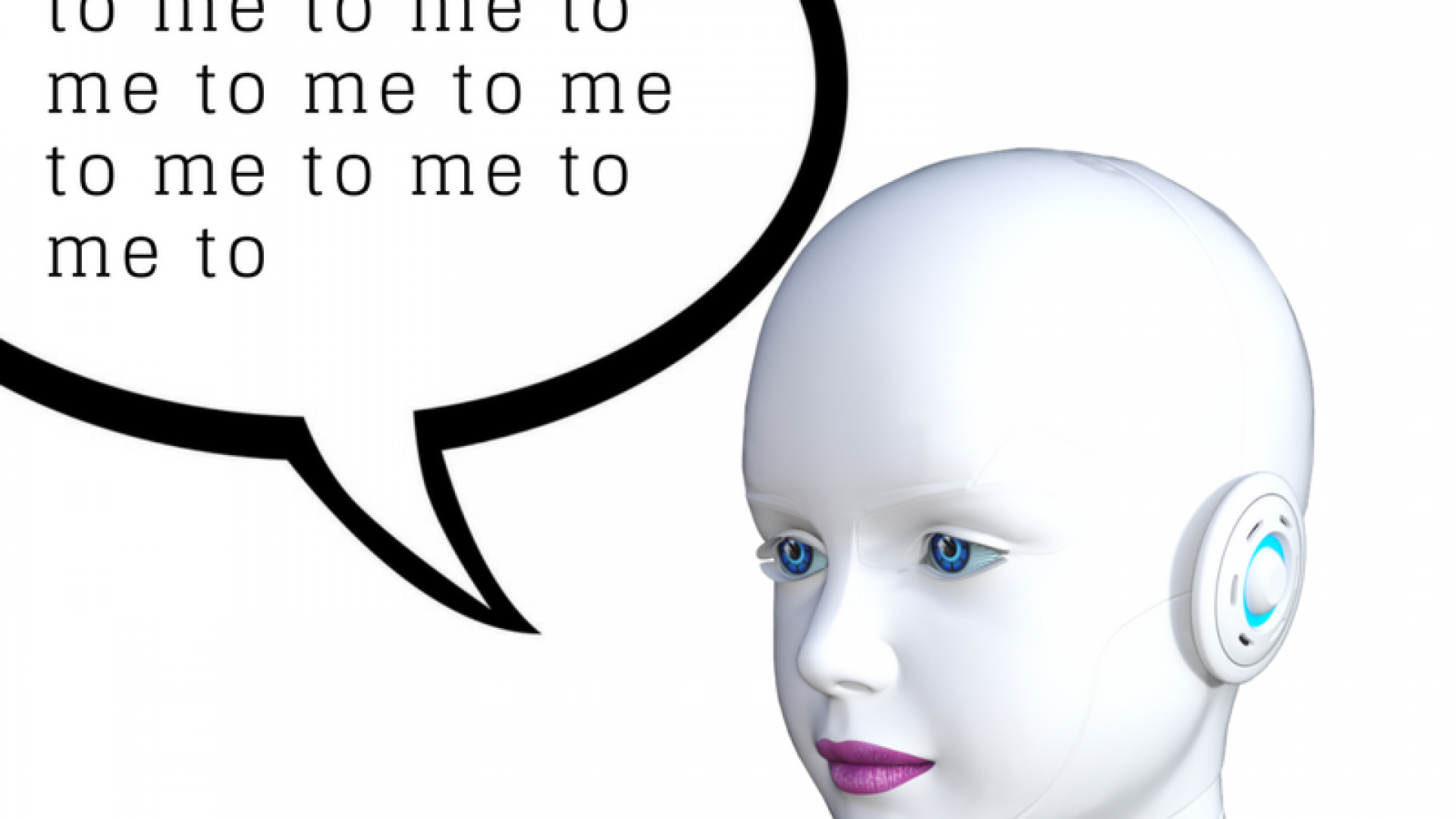DUBAI: Earth scientists and oceanographers at the King Abdullah University of Science and Technology (KAUST) have discovered that deep water in the Red Sea is replenished much faster than previously thought.
The smart lock on a front door may not draw much power, but the Internet of Things (IoT) is expected to grow to 50 billion devices by 2020. Such devices include activity trackers, smart bulbs, every Alexa-compatible device, etc. Taken all together, that network of connected devices will pull a significant amount of electricity.
The KAUST Robotics, Intelligent Systems, and Control (RISC) lab takes a "think globally, act locally" approach in swarm robotics.
NEOM was born from the ambition of Saudi Arabia’s Vision 2030 to see the country develop into a pioneering and thriving model of excellence in various and important areas of life.
KAUST and NEOM held a joint ceremony in Riyadh on Tuesday, March 20, 2018, to sign an official research collaboration agreement. The two Saudi institutions have agreed to establish a Center of Excellence for NEOM Research at KAUST.
